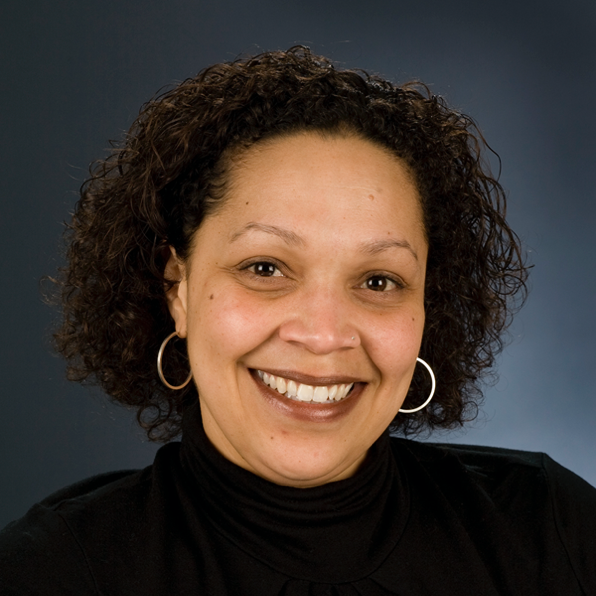ASU historian awarded fellowship to research history of policing, surveillance of Black communities

Photo courtesy of pexels.com
The Society for the Humanities at Cornell University granted a fellowship to Leslie Alexander, Arizona State University associate professor of history, for her research that explores the legacy of slavery in modern-day policing and mass incarceration.
“Despite growing public awareness that mass incarceration has its roots in slavery and that racial bias infects all aspects of our criminal justice system, our nation has yet to reckon with the reality that our systems of policing and mass criminalization have powerful, significant histories that originated in white fear, not merely of Black people or even Black resistance, but of the very notion of Black freedom,” Alexander said.
Alexander points out that, as demonstrated last summer by the Black Lives Matter protests in response to the deaths of Breonna Taylor, George Floyd and many others, Americans understand there is a problem of police brutality, but few people have considered the origins of the problems.
Her project reveals contemporary systems of policing, surveillance and punitive control of Black communities can be traced to a time when white people looked to control a population that refused to submit to being enslaved.
Associate Professor of history Leslie Alexander.
“At the heart of slavery lay a terrifying conundrum, an epic struggle between the slaveholders who sought to extract labor, loyalty and submission from their human property and the enslaved who longed for freedom and were willing to obtain their liberation by any means necessary,” Alexander said. “Therefore, throughout the 18th and 19th centuries, white Americans lived in a constant state of terror, anxiously worrying when and where the next uprising would occur.”
To subdue the fears of white Americans, authorities enacted laws to monitor and control Black people’s movements, interactions and cultural activities. Through legal codes, patrols and militias, a precedent of policing and control was set up that would continue to affect future generations of Black people in America.
“Ultimately, this project argues that if we ever hope to defeat and destroy the systems of social control that plague Black lives, we must have an honest reckoning with the omnipresent white fear that has created, sustained and fortified them,” Alexander said.
Alexander’s fellowship will begin in August and will last for one academic year. She says she is both honored and excited to return to Cornell, the same university she received her graduate degrees from.
“It is very special to have the chance to return to Cornell for a year and to interact with faculty members from around the world,” Alexander said. “I’m also grateful because I believe that my research, which focuses on the afterlives of slavery, is timely and important for our nation.”
More Arts, humanities and education

ASU alum's humanities background led to fulfilling job with the governor's office
As a student, Arizona State University alumna Sambo Dul was a triple major in Spanish, political science and economics. After…

ASU English professor directs new Native play 'Antíkoni'
Over the last three years, Madeline Sayet toured the United States to tell her story in the autobiographical solo-…

ASU student finds connection to his family's history in dance archives
First-year graduate student Garrett Keeto was visiting the Cross-Cultural Dance Resources Collections at Arizona State University…
